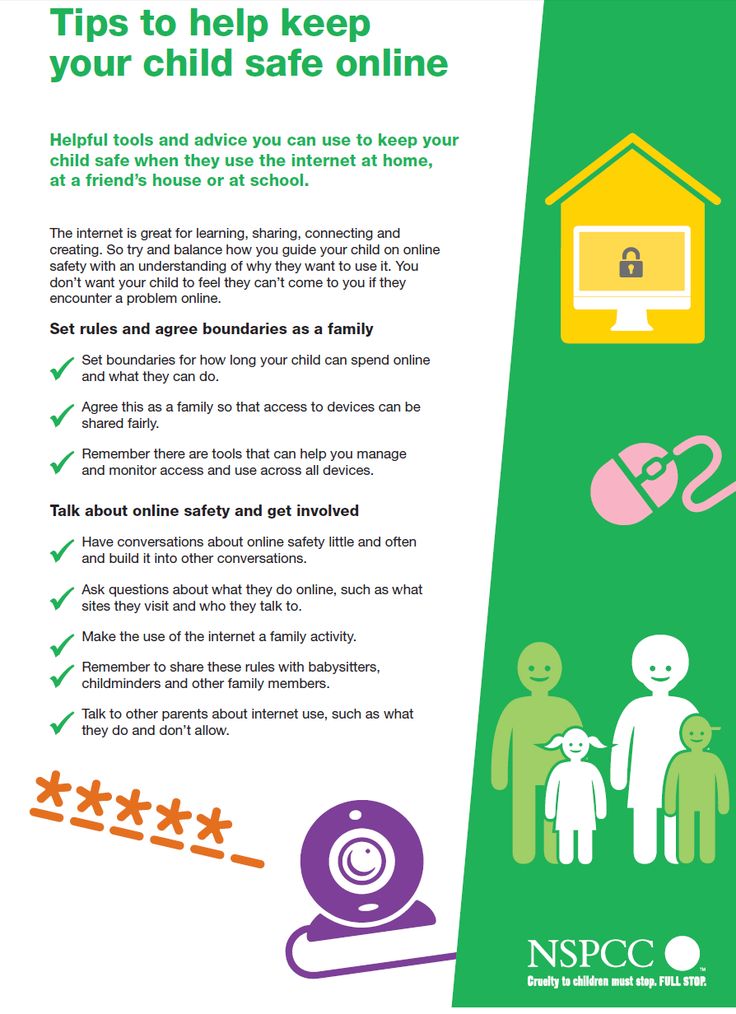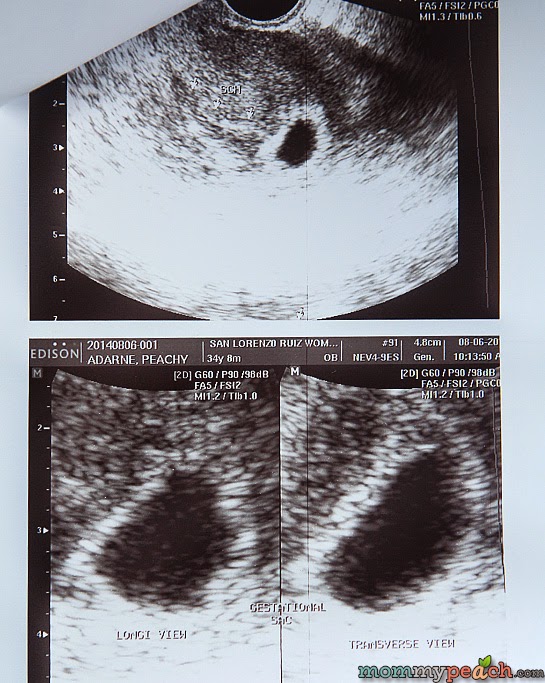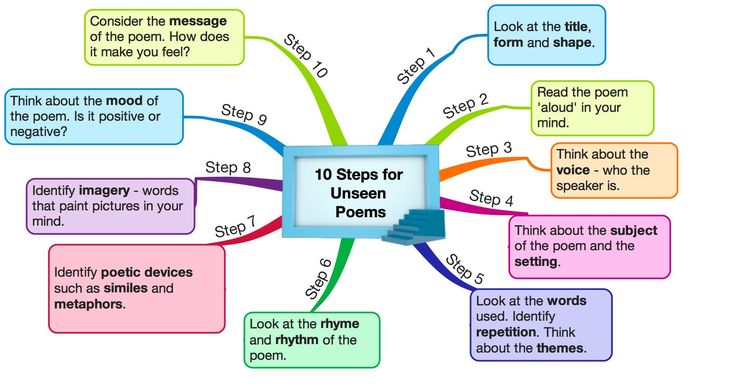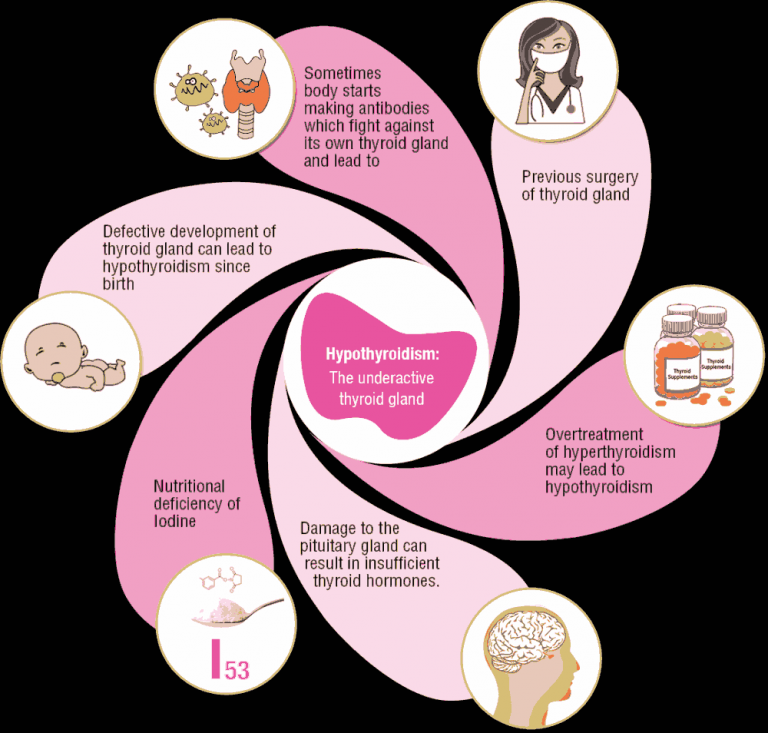How avoid child support
Using Custody To Avoid Child Support: It's Not That Simple
Although both parents are responsible for financially supporting their child, usually one parent must pay child support to balance the burden of child-related costs. Typically, it's the parent who spends less time with the child (called the noncustodial parent).
On average, mothers have more custody time, so it's more common for a father to pay support. Some fathers may try to get custody so they don't have to pay child support.
Regardless of whether a father wants custody to avoid child support or to spend more time with his child, more parenting time does not guarantee they won't have to pay. Fathers should consider other ways to reduce the support amount before pursuing custody based on support alone.
You may still have to pay support
Every state has a guideline formula for calculating support. If the formula determines you owe support based on the factors considered (e.g., income, parenting time), the court will order you to pay it.
You might seek joint physical custody thinking that if each parent spends equal time with the child, the support amount due will be zero. However, if you have a higher income than the mother, most states will still hold you responsible for paying support.
Getting a custody order for sole physical custody is a better way to avoid support, but it's difficult. You'd need to show the court strong evidence that proves the mother should receive little to no parenting time.
If you've already been ordered to pay support, it is very hard to convince a court to cancel the order, even if you lose your job. The best course of action is to ask the court for an order modification (more below).
The only guaranteed ways for support to end are if parents get back together or the child becomes legally independent based on age (usually 18) or via emancipation, marriage or joining the military.
You may end up spending just as much — if not more
Ideally, you spend roughly the same amount on your child whether you cover costs during parenting time or pay support.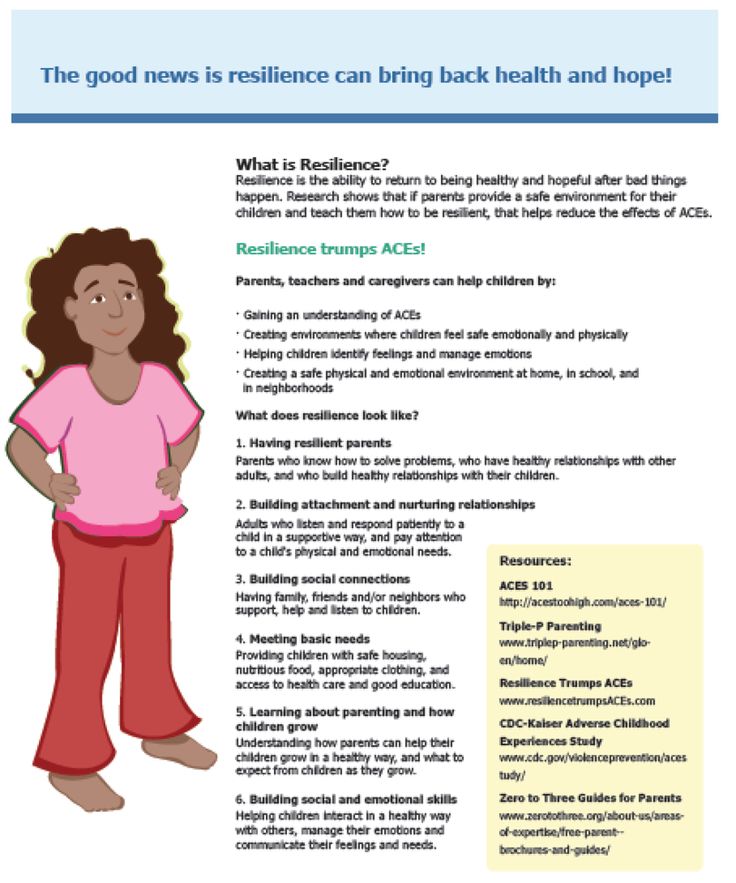
If you're the child's primary caretaker, you might even spend more than you would paying child support. Custodial parents often have higher child-related costs because they pay for extras like gas to transport the child to and from school in addition to basic necessities. These costs are unpredictable, unlike child support.
Other ways to reduce your support payment
There are ways besides getting custody that may help you lower your support obligation.
Explain your situation to the other parent
Courts usually don't account for how much parents spend on their own living costs when calculating child support, which can make paying support a real strain for some.
Tell the other parent you're struggling to make the payments. They might be sympathetic to your situation, and be willing to come to an agreement on a manageable support amount. Remember, the court must approve the amount. If it's too low to suit the child's needs, it won't be approved.
Ask for a support modification
You could ask the court to modify the support order if you have proof there have been significant changes that impact your ability to pay support.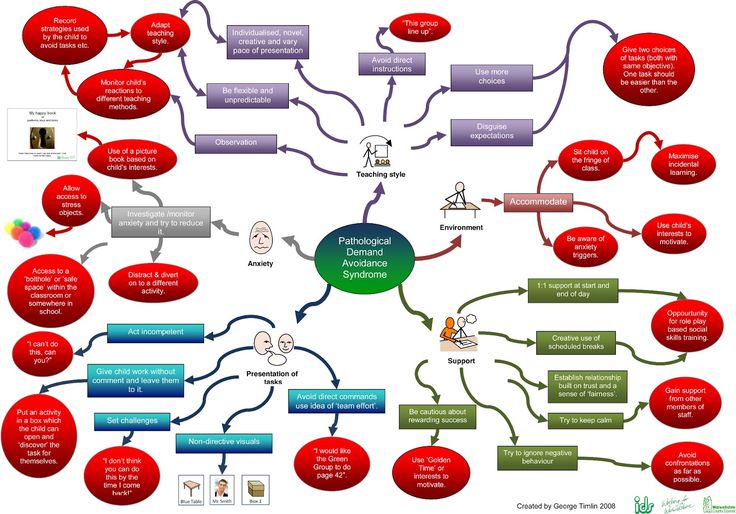 This includes changes in income, expenses and parenting time.
This includes changes in income, expenses and parenting time.
Be sure to report any changes in your income immediately. If you're granted a modification, it only applies to support due from the date of filing your petition. Anything owed before must be paid in full.
Your contributions to the child's expenses could also reduce child support. You could use a parenting app like Custody X Change to track child-related expenses, then print an expense report to use as evidence.
You should also track the time you've spent with your child. See how the time you actually had measures up to what was scheduled for you. If it's common for you to have more time than scheduled, you might be able to get a support reduction.
In some states, the court factors how the mother uses the support money when determining whether to modify the order. If the current amount is necessary to keep a roof over the child's head, don't expect it to decrease unless you have solid proof you can't pay it. If you have evidence that the mother is misusing the funds, it could help your case.
If you have evidence that the mother is misusing the funds, it could help your case.
Contact your local child support agency
So long as the support order is active, you should never stop making payments. If you expect to miss one, call the child support agency in your area. They might be able to help you set up a payment plan to avoid penalties for not paying support.
Penalties include interest charges (meaning you'll owe more than you initially did) and suspension of your drivers license among other penalties, the most severe being imprisonment.
Advice for the other parent
Regardless of the father's intentions for seeking custody, spending more time with each parent benefits the child most. However, if you don't think the father would be a good fit for custody, you may want to build your own case.
The court is more likely to award custody to the person who has been the child's primary caregiver. In addition to how much time you spend with the child, keep a journal to detail how you care for your child day to day (e. g., preparing their food) and any details only you would know as the parent who spends more time with them.
g., preparing their food) and any details only you would know as the parent who spends more time with them.
Evidence of the parent's unwillingness to be involved in the child's life can also help. This could be proof of missed visits or printouts of messages that show their disinterest.
Back up your case with evidence
If you want more time with your child, the court will want to see that you have an active role in the child's life and provide for their care.
The Custody X Change app can help you gather evidence to help your case. You may have to:
- Keep notes about visitation in a journal
- Print a calendar that shows the actual parenting time schedule
- Track how much money you spend on your child
- Calculate your actual timeshare percentage
- Print a report that shows the difference between the scheduled timeshare percentage and the actual timeshare percentage
The easiest way to organize evidence for your case is Custody X Change.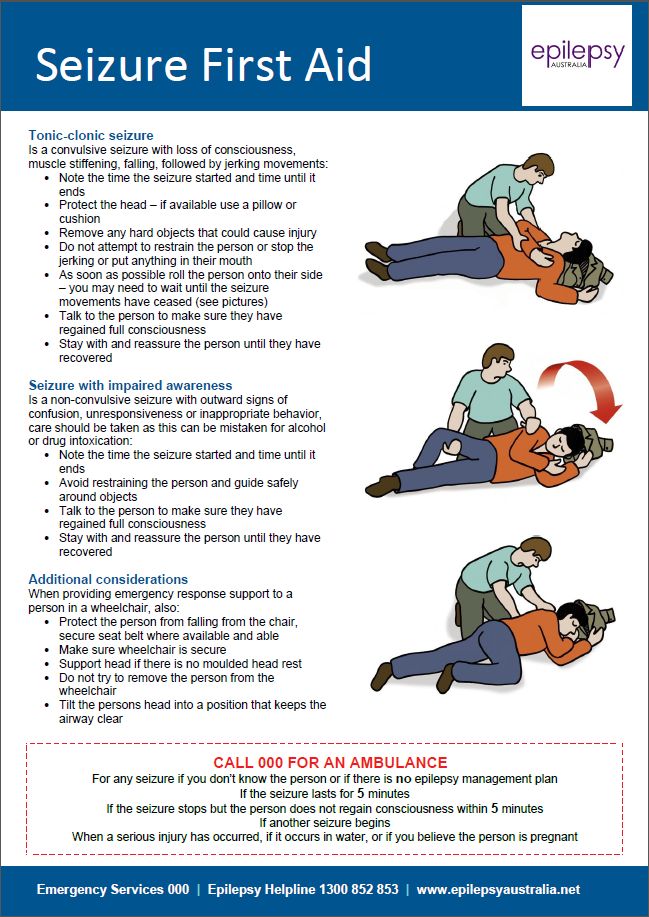
Avoid Paying Child Support Legally
In most cases when a couple gets divorced, if children are involved who are minors, child support will be mandated. Typically, the noncustodial parent will be required to make payments to the custodial parent. The amount that is paid will be determined by court order or an agreement made by both parents. However some circumstances arise where a parent can legally avoid the responsibility of paying child support.
Agreement Between Both Parents
One way in which child support can be legally avoided is if both parents reach a settlement agreement were child support is refused. If the court complies with the wishes of both parents, no parent will be legally liable for paying this assistance. There may be many reasons why child support would be avoided in a divorce agreement. Most of the time, it’s because a noncustodial person has a smaller salary than the custodial parent.
These type of agreements are usually overseen by attorneys who help negotiate the terms. It’s often just one portion of the divorce process and paperwork that needs to be filed.
It’s often just one portion of the divorce process and paperwork that needs to be filed.
Child Support Termination
In some cases, child support payments that have been ordered by the court may be terminated. When this is done, it can be expensive and time-consuming. This might be done if the person paying the child support becomes incarcerated or loses their job.
Other circumstances will also aid in ending a child support agreement. This type of situation may involve the death of a parent. In some instances, children may begin living with the noncustodial parent who is currently paying child support. If this occurs, it may be more fair to terminate the child support payments.
The age of a child will also aid in terminating child support. In some states, child support must be paid until a child reaches their 21st birthday. In other states, a parent can legally avoid paying child support when their child turns 18.
Other Options
A few other options are also used to legally avoid paying child support.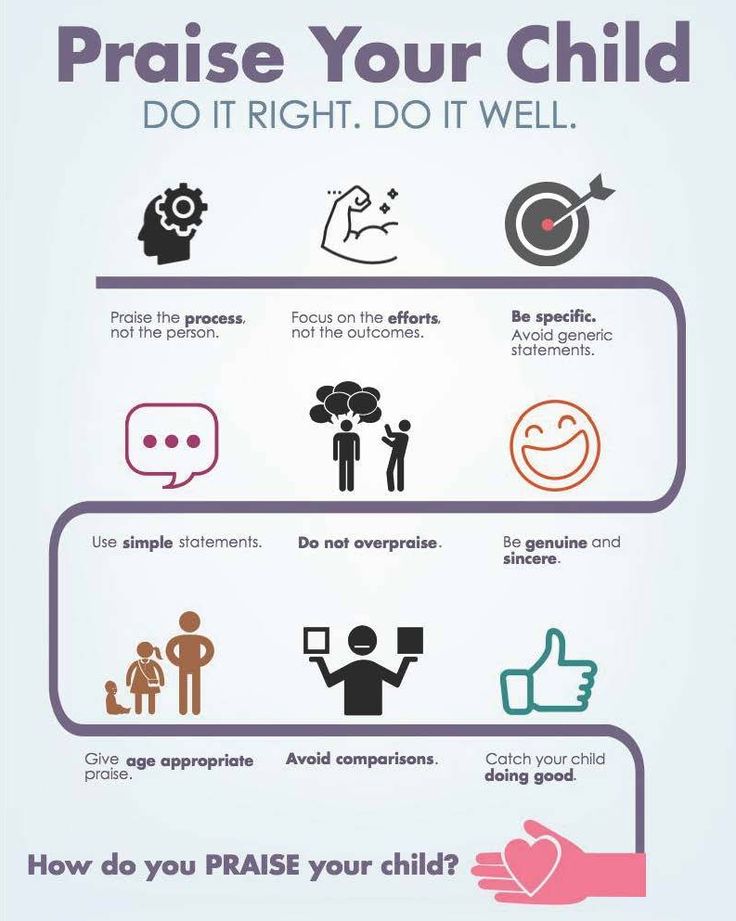 If a noncustodial parent is currently paying child support and decides to let another adult adopt the child, they may be able to legally stop making payments. Also, if a child has been emancipated or enlisted for active military duty, these circumstances may warrant the termination of child support.
If a noncustodial parent is currently paying child support and decides to let another adult adopt the child, they may be able to legally stop making payments. Also, if a child has been emancipated or enlisted for active military duty, these circumstances may warrant the termination of child support.
It can be complicated and time-consuming to pursue the options that allow a parent to stop making child-support payments. However, it is still an option that is available. If a person wants to pursue this path, it’s advisable to hire legal counsel who understands the ins and outs of all of the legalities surrounding child support laws.
Jim Treebold
Jim Treebold is a North Carolina based writer. He lives by the mantra of “Learn 1 new thing each day”! Jim loves to write, read, pedal around on his electric bike and dream of big things. Drop him a line if you like his writing, he loves hearing from his readers!
5 ways not to pay child support article from accountants and lawyers YurDom domconsalt.
 ru
ru Method 1. The onset of full legal capacity of a minor
The Family Code of the Russian Federation in Article 120 establishes the grounds for the termination of maintenance obligations imposed by a court decision. Article 114 of the IC of the Russian Federation provides that the payer of maintenance for a minor cannot be released from such an obligation, therefore it is terminated only on the grounds specified in the law.
The grounds for coming of age or acquiring full legal capacity are provided for by Art. 21, 27 of the Civil Code of the Russian Federation.
| Need to collect alimony and debt in court? Do you need to reconsider your payment amount? |
Method 2. Lump sum payment or provision of property
In addition to the alimony established by the court decision, Art. 104 of the RF IC provides for other methods and procedures for paying alimony.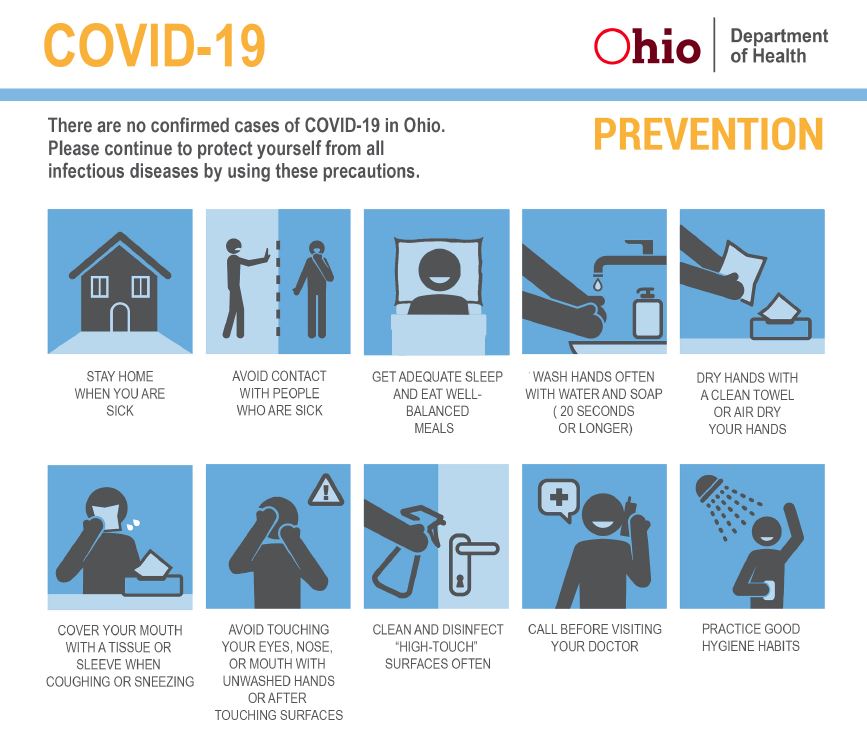 In this case, we are talking about an agreement on the payment of alimony.
In this case, we are talking about an agreement on the payment of alimony.
So alimony can be paid in a lump sum or through the transfer of property. However, do not forget about the risks for the child, because the funds can be used not in the interests of the child. After all, all disputes arising from family legal relations are regulated not only by law, but by the good faith of the participants.
Need advice? contact us by phone 8 (812) 244-27-07 - we will explain what measures to take in your situation.The legal company "YurDom" will help in your situation. Our lawyers and family law attorneys will take steps to find the debtor in hiding , inquire about hidden income and alienated property and help to achieve justice . They speak for themselves in our favor:
|
Method 3.
 Moving the child to the child support payer
Moving the child to the child support payer Family law in Art. 119 of the Family Code of the Russian Federation establishes that a person obliged to pay alimony has the right to file a claim for exemption from the payment of alimony collected in court in cases of a change in the material or marital status of the parties.
That is, if a child passes to a child for upbringing and maintenance to a parent who is liable to alimony, you have the right to file a claim for exemption from paying alimony under Art. 119RF SC. The court must satisfy it.
Method 4. Exclusion of paternity of a child
If a claim for disputing paternity of a child has been satisfied with respect to the alimony payer, the payer may be released from such obligation. In this case, the provisions of paragraph 2 of Art. 114 RF IC. They are exempted from paying alimony at the discretion of the court in the presence of certain circumstances: such unfair actions of the mother of the child as misleading the plaintiff regarding his paternity, reporting false information by her, submitting false documents that served as the basis for recording the person as the father of the child.
Method 5. Adoption of a child in whose favor alimony is collected
As provided for in paragraph 2 of Art. 120 of the Family Code of the Russian Federation, when a child is adopted, the payment of alimony collected in court is terminated. These cases can be considered by both the court and the bailiffs. In court, cases are considered under
the rules of Article 440 of the Code of Civil Procedure of the Russian Federation. The alimony payer has the right to apply to the bailiff with a request to terminate the enforcement proceedings, attaching to it a court decision on adoption. Note that if there is a debt, enforcement proceedings are not terminated.
Lawyers of the company " YurDom" will effectively help avoid paying alimony or reduce their amount.
How not to pay alimony legally in 2022 to a father for a child during a divorce
Your relatives threaten to collect alimony from you for their maintenance. Don't panic, there are exceptions to every rule. In this article, you will learn how not to pay child support legally.
Don't panic, there are exceptions to every rule. In this article, you will learn how not to pay child support legally.
Contents
- 1 Is it possible to legally avoid alimony
- 1.1 What can be done to avoid the forced recovery of alimony
- 1.1.1 How to conclude a maintenance agreement
- 1.2 How to get away from alimony if you work
- 1.3 How to get away from child support if you do not work
- 1.4 How to get away from alimony if you have an individual entrepreneur
- 1.5 Is it possible not to pay if the recipient refuses alimony
- 1.6 Is it possible not to pay if the alimony is not spent for the intended purpose
- 1.7 What documents and evidence to prepare for the court
- 1.8 What happens if you do not pay child support without legal grounds
- 1.1 What can be done to avoid the forced recovery of alimony
- 2 Is it possible to avoid child support
- 2.2 How to avoid child support in a divorce
- 2.2.
 1 How to cancel a child support order
1 How to cancel a child support order
- 2.2.
- 2.3 How to avoid child support out of wedlock
- 2.4 Is it possible not to pay if they do not allow to communicate with the child
- 3 Will it be possible to avoid maintenance for the maintenance of the wife
- recipient of alimony) entered into a new marriage
- 3.3 What will happen to payments if the marriage is declared invalid
- 4 Is it possible not to pay alimony for the maintenance of other family members
- 5 Cheat sheet
Is it possible to legally avoid child support? In addition, there are variations to reduce the amount of funds collected and exemption from the payment of alimony. But in both cases, appropriate legal conditions are required, that is, grounds for the application of such rules of law.
This is what I will tell you about in more detail later on.
What can be done to avoid the forced collection of alimony
Family legislation of the Russian Federation establishes the maintenance obligations of family members - p. 5 RF IC:
5 RF IC:
- Parents and children - Ch. 13 RF IC.
- Spouses (including former) - ch. 14 RF IC.
- Other relatives and actual family members - Ch. 15 RF IC.
In order to avoid going to court the second party (spouse, other family member, if they are entitled to alimony), it is permissible to take the following actions:
- To draw up a notarized alimony agreement, including with a one-time transfer of a large amount of money or expensive property - clause 2 of Art. 104 RF IC.
- To conclude a settlement agreement with the other party at any stage of the trial or in the course of enforcement procedures - art. 153.8 Code of Civil Procedure of the Russian Federation.
- Carry out voluntary maintenance with the transfer of money, things, products against receipt.
- Open a nominal account for crediting social funds to the voluntary maintenance account. For example, Sberbank has such a banking product.
Attention! The last two options, in the absence of a maintenance agreement, are not an obstacle to going to court.
However, the judge may take this circumstance into account and set it off in favor of the defendant.
How to conclude a maintenance agreement
Spouses draw up a maintenance agreement at a notary public
It is permissible to execute a maintenance agreement with any person who has the right to collect alimony - ch. 16 RF IC. But this can be done only if there is consent to its conclusion from the second party, that is, the mother of the child, wife, adult child with a disability, etc.
If one of the parties is incapacitated, then his interests in the contract are represented by a legal representative (parent, guardian, custodian) - art. 99 RF IC.
This agreement is concluded exclusively in writing and requires notarization - paragraph 1 of Art. 100 RF IC.
Failure to comply with the specified form of the agreement entails its invalidity para. 2 p. 1 art. 100 RF IC.
A properly executed alimony agreement has the force of a writ of execution. That is, it can be presented for the forced collection of alimony if the other party does not fulfill the agreement voluntarily. It is done by transferring the document to the accounting department at the debtor's place of work or to the OSP FSSP of the Russian Federation at the place of his residence.
That is, it can be presented for the forced collection of alimony if the other party does not fulfill the agreement voluntarily. It is done by transferring the document to the accounting department at the debtor's place of work or to the OSP FSSP of the Russian Federation at the place of his residence.
A written maintenance agreement looks like this:
Agreement template
Download a sample maintenance agreement (14 KB DOC)
Important! Please note that the submitted sample agreement requires subsequent notarization. Without it, it will not gain legal force. In the vast majority of cases, the notary offers a ready-made version of the document on a special form.
The notarial fee for certifying the agreement is 250 rubles. But notaries also take money for legal and technical services in the amount of 4500-6400 rubles. In total, an agreement on a special form with a notary will cost at least 4,750 rubles. In doing so, notaries are guided by paragraphs.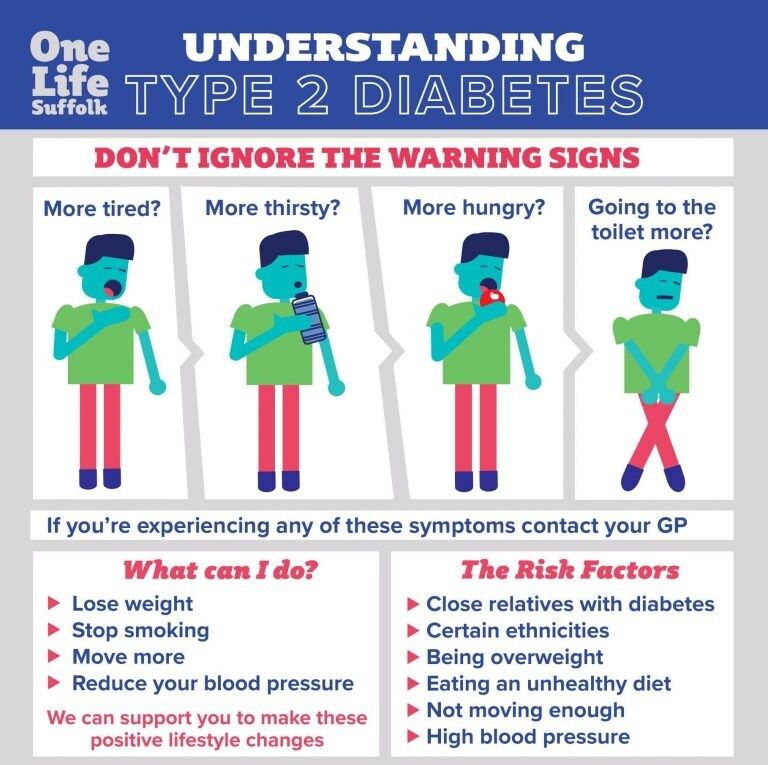 9Clause 1 of Art. 333.24 of the Tax Code of the Russian Federation and art. 15, 23 OZN RF.
9Clause 1 of Art. 333.24 of the Tax Code of the Russian Federation and art. 15, 23 OZN RF.
The methods and procedure for paying alimony in this case are determined by the terms of the agreement itself - paragraph 1 of Art. 104 RF IC. The amount of alimony is also allowed to be set to any - paragraph 1 of Art. 103 RF IC. The exception is alimony paid for minor children. They must be no less than the size, which is determined in court - paragraph 2 of Art. 103 of the RF IC:
- One child is entitled to ¼ of the payer's earnings and/or other income - clause 1 of Art. 81 RF IC.
- For two children - ⅓ part.
- Three or more - ½.
If the parties need to change the terms of a previously concluded agreement in the future, they have the right to make appropriate changes to the document. This is done in the same way as the initial conclusion of the agreement. That is, for this you will need to contact a notary who previously certified the agreement.
If this notary is no longer working, then you need to find the notary to whom his archive was transferred. You can find out the location of the archive at any nearest notary.
It is also allowed to send a written request for this purpose to the notarial chamber of the relevant region at the place of registration of the agreement. The necessary details are listed on the official website of the regional notary chamber. For example, on the website of the Notary Chamber of St. Petersburg, such information is indicated in the “Contact Information” section.
How to get away from alimony legally if you work
It is possible to get away from alimony only in two cases: 119RF SC.
In addition, family law provides for the possibility of changing the amount of alimony established by the court - paragraph 1 of Art. 119 RF IC:
- If the recipient's marital status has changed (for example, the ex-wife remarried).

- If the payer has new family members (new spouse, children).
- With the dynamics of the financial well-being of the parties - for the payer for the worse, and for the recipient, respectively, for the better. In particular, for those who are liable for maintenance, this may be the loss of a job, disability, or changes in working conditions that led to a decrease in wages.
- If there are other noteworthy circumstances.
Important! The legal conditions listed above may also become grounds for a complete exemption from the payment of alimony. The final scenario depends on the evidence base and the verdict of the court.
Also, the court may completely release the maintenance person from paying alimony, refusing to collect them from the applicant - paragraph 2 of Art. 119 RF IC:
- If he committed an intentional crime against a potential payer.
- With his immoral behavior in the family.
Attention! This rule of law is applicable only to an adult legally capable claimant.
That is, it does not apply to children and persons deprived of legal capacity by the court.
When determining the right of the payer to reduce the amount of alimony collected or to completely exempt them from paying them, the courts take into account various circumstances that are important for the correct resolution of the case - clause 8 of the Resolution of the Supreme Court of the Russian Federation No. 56.
When determining the financial position of the parties, all types of their income are taken into account:
- Salary.
- Profit from IP.
- Income from other commercial activities, from the use of the results of intellectual activity.
- Pension provision.
- Social allowances and payments.
- Compensation for damage caused to health, etc.
The property they own is also important:
- Real estate.
- Vehicles.
- Securities.
- Shares.
- Deposits made to credit (banking) organizations.
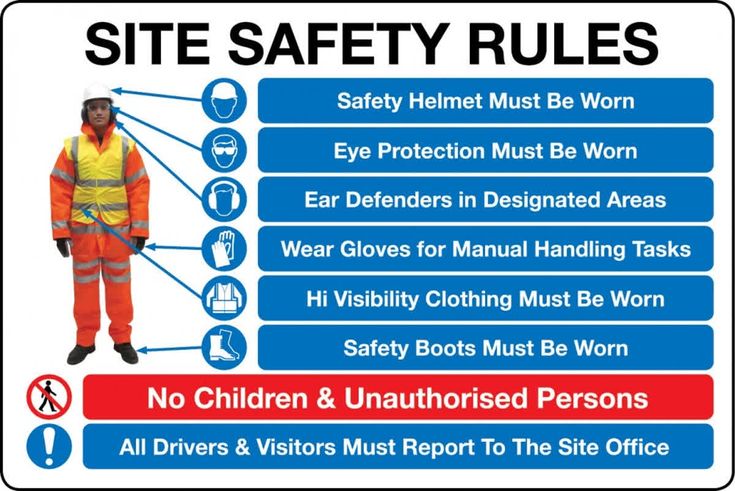
- Shares in the authorized capital of legal entities.
When determining the marital status of the alimony payer, the courts find out whether he has:
- Other children under 18 years of age.
- Disabled adult children.
- Other relatives or de facto family members whom he is legally required to support.
Other circumstances worthy of attention may be, for example:
- Disability of the alimony payer.
- Restoration of alimony recipient's ability to work.
See also:
How to file an application for exemption from child support in 2022 + forms and samples from paying alimony. Especially when it comes to child support. But alimony can be recovered from a non-working citizen only in a fixed amount of money - clause 1 of Art. 83 RF IC.
How to get away from alimony if you have an individual entrepreneur
Profit from individual entrepreneurial activity is also included in the list of income from which alimony can be withheld - paragraphs. “h” of clause 2 of the RF PP No. 841. At the same time, it is allowed to levy a penalty precisely on net profit, that is, on the income of an individual entrepreneur, determined minus the amount of expenses incurred.
“h” of clause 2 of the RF PP No. 841. At the same time, it is allowed to levy a penalty precisely on net profit, that is, on the income of an individual entrepreneur, determined minus the amount of expenses incurred.
Otherwise, the algorithms for paying alimony and avoiding them are similar to those above.
Is it possible not to pay if the recipient refuses maintenance
A person cannot legally renounce his rights. A formal waiver of alimony consists in the failure to file an appropriate claim or writ of execution. The parties also have the right, by mutual agreement, to terminate at any time the agreement concluded between them on the payment of alimony.
It is impossible not to pay alimony just like that in the presence of enforcement proceedings or alimony agreement. Even if the recipient verbally expressed his refusal to support payments.
Is it possible not to pay if alimony is spent inappropriately
Independent termination of the payment of alimony in such a situation is unacceptable.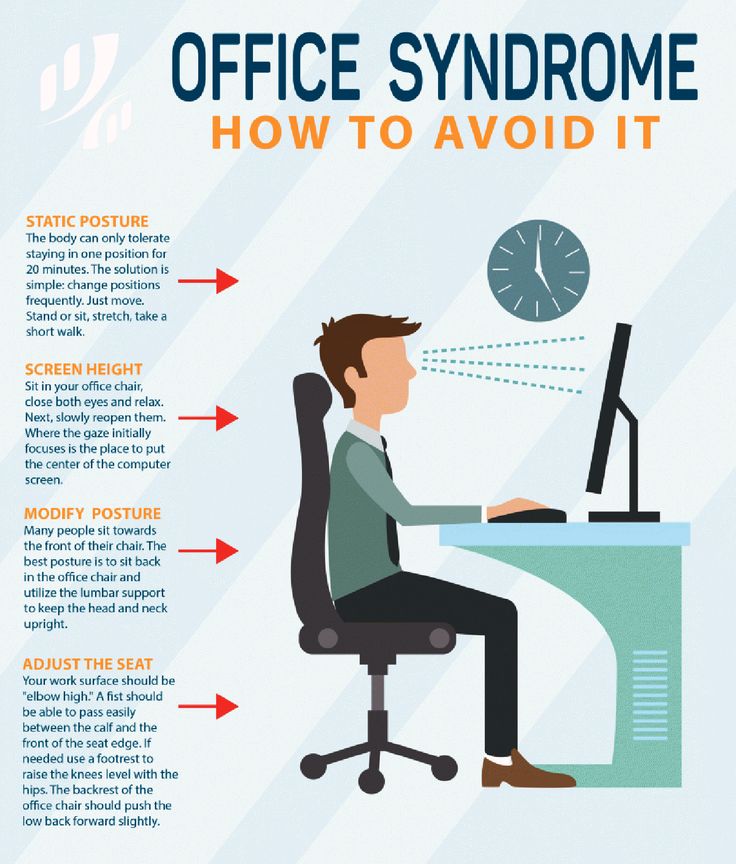 How exactly to spend the funds is up to the recipient. The exception is child support. In this case, the intended purpose of the payments is the maintenance of the child, and not the recipient. But here, too, a unilateral refusal of payments by the payer is unacceptable.
How exactly to spend the funds is up to the recipient. The exception is child support. In this case, the intended purpose of the payments is the maintenance of the child, and not the recipient. But here, too, a unilateral refusal of payments by the payer is unacceptable.
What documents and evidence to prepare for the court
Each party provides the court with evidence of the circumstances to which it refers - Art. 56 Code of Civil Procedure of the Russian Federation. This means that you must bring to the court all documents, photos, video materials that confirm your arguments or refute the words of your opponent.
For example, if we are talking about a decrease in your income, then this argument is supported by various types of certificates: 2-personal income tax, wages from work, etc. If you focus on reducing your ability to work, then an ITU certificate of disability is provided. Or it can be a medical and social conclusion about a temporary or permanent loss of general / professional disability without signs of disability - clause 24 of the RF PP No.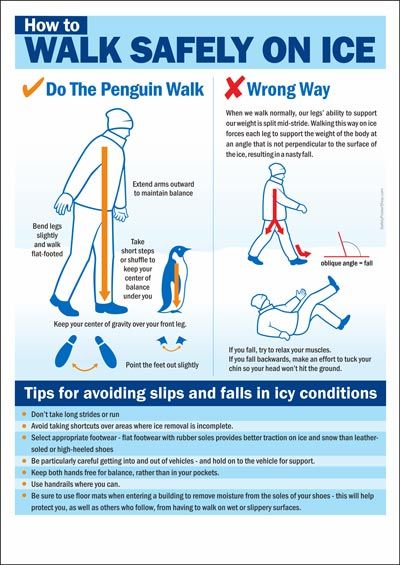 789.
789.
What will happen if you do not pay alimony without legal grounds
When evading the payment of alimony, the person guilty of such acts bears the corresponding legal liability: 113 RF IC, as well as penalties and damages - art. 115 RF IC.
Can child support be avoided? 80 RF IC. The procedure and form of providing maintenance to such children are determined by the parents independently. At the same time, the duty of maintenance is assigned equally to the father and mother, regardless of whether they are (were) in a registered marriage to each other or not.
Parents who are potential child support payers for their children under 18 years of age. At the same time, the capacity and ability to work of the former are not taken into account. Parents deprived of parental rights or limited in them by a court decision are not exempted from the obligation to support children. The maintenance obligation of parents is also not related to whether the child has his own property sufficient for self-sufficiency or not.
The maintenance obligation of parents is also not related to whether the child has his own property sufficient for self-sufficiency or not.
The payment of alimony collected in court is terminated - paragraph 2 of Art. 120 RF IC:
- Age 18.
- Emancipation of a minor (acquiring full legal capacity before the age of 18).
- Adoption (adoption) of a child receiving alimony.
- Death of the recipient (child) or the payer himself.
Alimony paid under a notarial agreement is terminated in accordance with paragraph 1 of Art. 120 RF IC:
- The expiration of the contract.
- Death of either side.
- For the reasons listed in the agreement itself.
In other cases, only a reduction in the amount of maintenance collected is allowed.
The amount specified in art. 81 of the Family Code of the Russian Federation, the share of alimony collected for the maintenance of a child can be changed by the court, taking into account the family, financial situation of the parent-payer and the child, as well as other noteworthy circumstances - paragraph 2 of Art.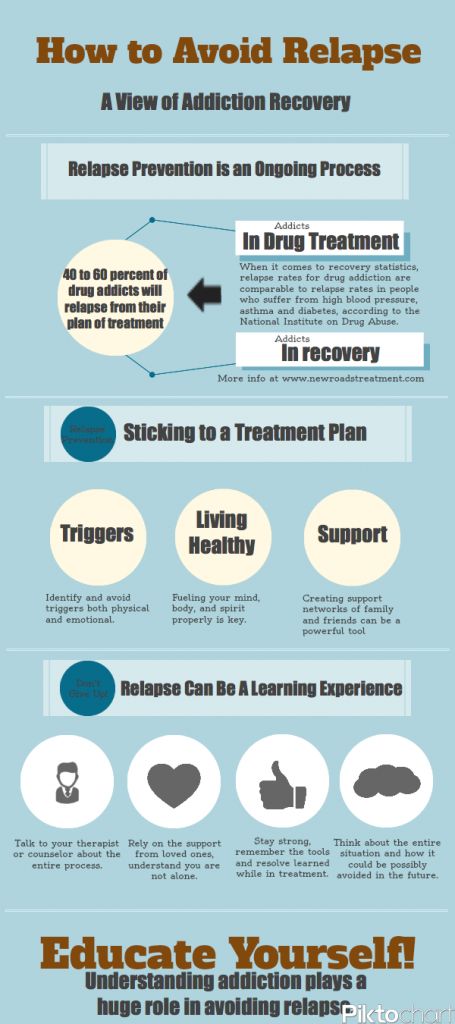 81 RF IC.
81 RF IC.
For example, the court has the right to reduce the amount of the relevant share in the following situations:
- The payer has children from another marriage, whose financial situation may become worse than that of the alimony recipient.
- Recognition of a person liable to alimony as a poor citizen.
- The onset of the payer's incapacity for work (disability).
- The presence of a serious illness.
Such conclusions are made on the basis of the analysis of the Generalization of Judicial Practice of the Saratov Regional Court.
Is it possible not to pay child support, but to buy everything the child needs
Hypothetically, such tactics are acceptable, since in paragraph 1 of Art. 80 of the RF IC states that the parents determine the procedure and form for providing maintenance to minor children independently. And in paragraph 2 of the same article, it is mentioned that funds for the maintenance of children under 18 years of age are collected from their parents in a judicial proceeding if the parents do not provide them with maintenance.
However, judicial practice and clarifications of the Plenum of the RF Armed Forces indicate that the voluntary maintenance of a child by a parent does not prevent the second spouse / parent from applying to the court for the enforcement of alimony - clause 14 of the Resolution of the RF Armed Forces No. 56. Will the stated requirements be satisfied or not in such a situation is another matter. But it remains at the discretion of the court.
How to avoid child support during divorce
You can definitely avoid child support during divorce only by concluding a notarial maintenance agreement with the second spouse with whom the child remains. This document specifies the amount, procedure and frequency of providing money for the maintenance of a common child.
In other situations, the other party is not deprived of the possibility of applying to the court to enforce maintenance payments, even if the person liable for maintenance voluntarily supports the child.
You should also not ignore court correspondence. If you have received a decision of the world court on the issuance of a court order, then within 10 days from the date of receipt of this document, you have the right to file objections to its execution. In this case, the magistrate who issued the court order is obliged to immediately cancel it after receiving your objections - Art. 129Code of Civil Procedure of the Russian Federation.
If the deadline is missed without good reason, you will no longer be able to cancel the court maintenance payment. Also, it will not be possible to somehow change it if there are no grounds for reducing the amount of alimony collected or exempting from their payment.
Important! The cancellation of the court order does not deprive the applicant of the right to apply with similar requirements in the course of action proceedings - Art. 129 Code of Civil Procedure of the Russian Federation.
Upon receipt of the ruling of the district (city) court on the acceptance of the statement of claim and relevant materials for proceedings on the alimony issue, you also have the right to file objections. But already with regard to the stated claims - Art. 149Code of Civil Procedure of the Russian Federation.
But already with regard to the stated claims - Art. 149Code of Civil Procedure of the Russian Federation.
In this case, the claim is not returned to the applicant immediately, and the objections are considered in conjunction with the claims when making a decision - subparagraph 2 of paragraph 4 of Art. 198 Code of Civil Procedure of the Russian Federation.
When there are doubts about paternity, it will also be possible to avoid alimony if you dispute the fact of paternity - paragraph 1 of Art. 52 RF IC. This is done in a court of law.
The following statement of claim is filed with the court:
Married Paternity Dispute Form
Download Sample Dispute of Paternity (15 KB DOC)
In order to refute the fact of paternity, a pre-trial expert study is carried out or a forensic DNA examination is ordered. If you have not previously applied to medical organizations (laboratories) for DNA testing, then you will need to petition the court to appoint an appropriate forensic examination.
Important! The spouse who has given his consent in writing to the use of the method of artificial insemination, embryonic implantation, is not entitled to refer to these circumstances when challenging paternity - paragraph 3 of Art. 52 RF IC.
How to cancel a child support order
It is easy to cancel a child support order. To do this, it is enough to send objections to the court on its execution within 10 days from the date of receipt of the ruling on its issuance.
This document looks like this:
Objection Template
Download Sample Objection to Enforcement of a Court Order (15 KB DOC)
the fact of paternity or not recognizing it voluntarily. In the latter case, the mother of the child has the right to establish paternity through the court - Art. 49RF SC.
However, then she will have to prove this fact, as the party that has filed the relevant claims. The defendant must prove the circumstances that he refers to as a refutation of the plaintiff's arguments - paragraph 1 of Art. 56 Code of Civil Procedure of the Russian Federation.
56 Code of Civil Procedure of the Russian Federation.
Is it possible not to pay if they are not allowed to communicate with the child
Lack of communication with the child is not a legal basis for terminating the payment of alimony for his maintenance. The order of communication with the child is determined separately. If it is impossible to resolve this issue peacefully, the interested party applies to the court.
Will it be possible to avoid maintenance for the maintenance of the wife
Unlike a minor child, the spouse does not always have the right to maintenance. Here, the need of the applicant often acts as a mandatory criterion. In particular, this applies to the following situations:
- Caring for a common child with a disability until they reach the age of 18 or for the period of caring for a disabled child of the 1st group.
- Disability that occurred before the dissolution of the marriage or within 1 year after the divorce.

- Achievement of retirement age not later than 5 years from the date of termination of marital relations, if they lasted for a long time.
Attention! The right to alimony for a former spouse in need of assistance who has reached retirement age now also applies to wives who have reached the age of 55 - clause 8 of Art. 169 RF IC.
In other cases, even if the wife (current or former) goes to court, her claims will be denied because they are not legally substantiated.
Important! Only such a person is recognized as in need of third-party financial assistance, whose financial situation does not allow satisfying his vital needs, taking into account his age, state of health and other circumstances. These needs include:
- Purchase of food.
- Purchase of necessary clothes.
- Obtaining medicines for medical reasons on a reimbursable basis.
- Payment for housing and communal services.

If in the course of the civil process to recover funds for the maintenance of the wife it is established that she deliberately committed a crime against her husband or there is evidence of her immoral behavior in the family (including the former), the court has the right to refuse to collect alimony from her - p. 2 tbsp. 119 RF IC.
Under the crime, the commission of which may become the basis for the refusal of a claim, is understood to be any intentional crime against life, health, freedom, honor and dignity, sexual integrity, other rights of a spouse - subparagraph 2, paragraph 10 of the RF Armed Forces Resolution No. 56.
These circumstances must be confirmed by a valid judicial act (verdict of conviction, decision, ruling), or by a decision of the preliminary investigation body to terminate the criminal case on non-rehabilitating grounds.
Misbehavior of the wife, which serves as a basis for refusal to collect alimony, may include - subparagraph 3, paragraph 10 of the RF Supreme Court No. 56:
56:
- Abuse of alcohol and / or alcohol-containing products by her.
- Use of drugs, psychotropic drugs without a doctor's prescription, potentially dangerous psychoactive, intoxicating substances.
- Passion for gambling.
- Other behavior that is contrary to the interests of the family.
When considering cases of this category, take into account - subparagraph 4, paragraph 10 of the Resolution of the Supreme Court of the Russian Federation No. 56:
- When the crime was committed.
- During what period of time did misbehavior occur in the family?
- The nature, severity and consequences of their commission.
- Further behavior of the spouse.
What to do if you do not want to pay alimony to your wife
If the alimony has already been collected, then in the presence of the above circumstances, you have the right to apply to the court to reduce the amount of alimony or release from paying it.
The following statement of claim is filed with the court:
Child support reduction claim template
Download the child support reduction claim template (13 KB DOC)
stage. The main thing is that there are legal grounds for this and you can substantiate your objections and arguments.
Important! It is better to contact a lawyer in advance in order to competently present the objections to the claims and the legal justification of the counterarguments.
Objections to the claims are set out in writing and submitted to the court by the defendant at the stage of preparing the case for trial - subparagraph 2 of paragraph 2 of Art. 149 Code of Civil Procedure of the Russian Federation.
You can also negotiate with your spouse and conclude a maintenance agreement with her on mutually beneficial terms. I remind you: the parties in this situation are not limited in any way in determining the amount, procedure and conditions for the payment of alimony for the maintenance of the spouse - Art. 99 and paragraph 1 of Art. 103 RF IC.
99 and paragraph 1 of Art. 103 RF IC.
Will alimony be canceled if the disabled needy spouse (recipient of alimony) enters into a new marriage Art. 120 RF IC.
What will happen to payments if the marriage is declared invalid
If the previously concluded marriage was subsequently declared invalid, then the former spouses do not have maintenance obligations - paragraph 1 of Art. 30 RF IC. Since there is no event itself, generating the corresponding legal relations.
However, there is an exception to this rule. When considering the issue of recognizing a marriage as invalid, the court has the right to recognize the right of a conscientious spouse to receive alimony from the second spouse - clause 4 of Art. 30 RF IC.
Is it possible not to pay alimony for the maintenance of other family members
When considering the maintenance claims of other family members by the courts, it is understood that the right to them arises under the condition that the plaintiffs cannot receive voluntary maintenance from the defendant. The latter are most often parents, able-bodied adult children or spouses (former spouses) - subparagraph 2, paragraph 48 of the RF Armed Forces Resolution No. 56.
The latter are most often parents, able-bodied adult children or spouses (former spouses) - subparagraph 2, paragraph 48 of the RF Armed Forces Resolution No. 56.
The following factors are relevant:
- Whether the plaintiffs are able to work.
- Reasons why child support cannot be received from other family members.
The court has the right to release pupils from the obligation to support the actual educators - paragraph 2 of Art. 96 RF IC, if:
- The latter kept and raised them for less than 5 years.
- If they supported them and raised them inappropriately.
The legally significant circumstances to be established when resolving the claims of de facto educators for the recovery of alimony include - subparagraph 2, paragraph 50 of the RF Armed Forces Resolution No. 56:
- The period during which children were actually brought up and maintained.
- Reasons why educators stopped their upbringing and maintenance (for example, due to the illness of the actual educator, the return of children to parents, the children reaching the age of eighteen years).
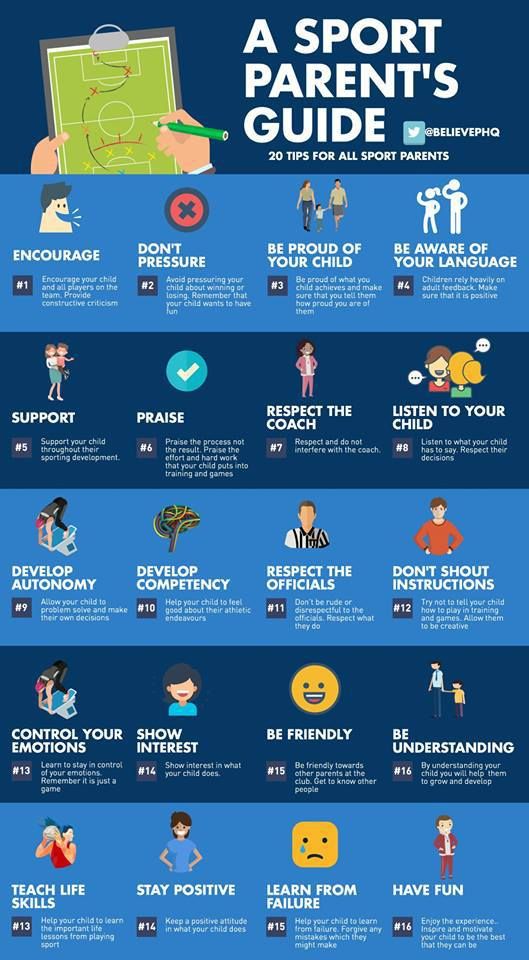
- How conscientiously the actual educators carried out the upbringing and maintenance of their pupils.
If a claim for the recovery of alimony for a family member is brought against all persons obliged to support him at the same time, the court determines the amount of alimony for each obliged person, taking into account his financial, marital status, as well as other circumstances worthy of attention - paragraph 3 of Art. 98 RF IC.
When filing a claim against one or more of the obliged persons, the court has the right to take into account all persons obliged to support the plaintiff, and determine the amount of alimony to be collected, taking into account these persons - clause 52 of the Resolution of the Supreme Court of the Russian Federation No. 56.
whether there are legal grounds to reduce or exempt you from the payment of legally enforceable support.




